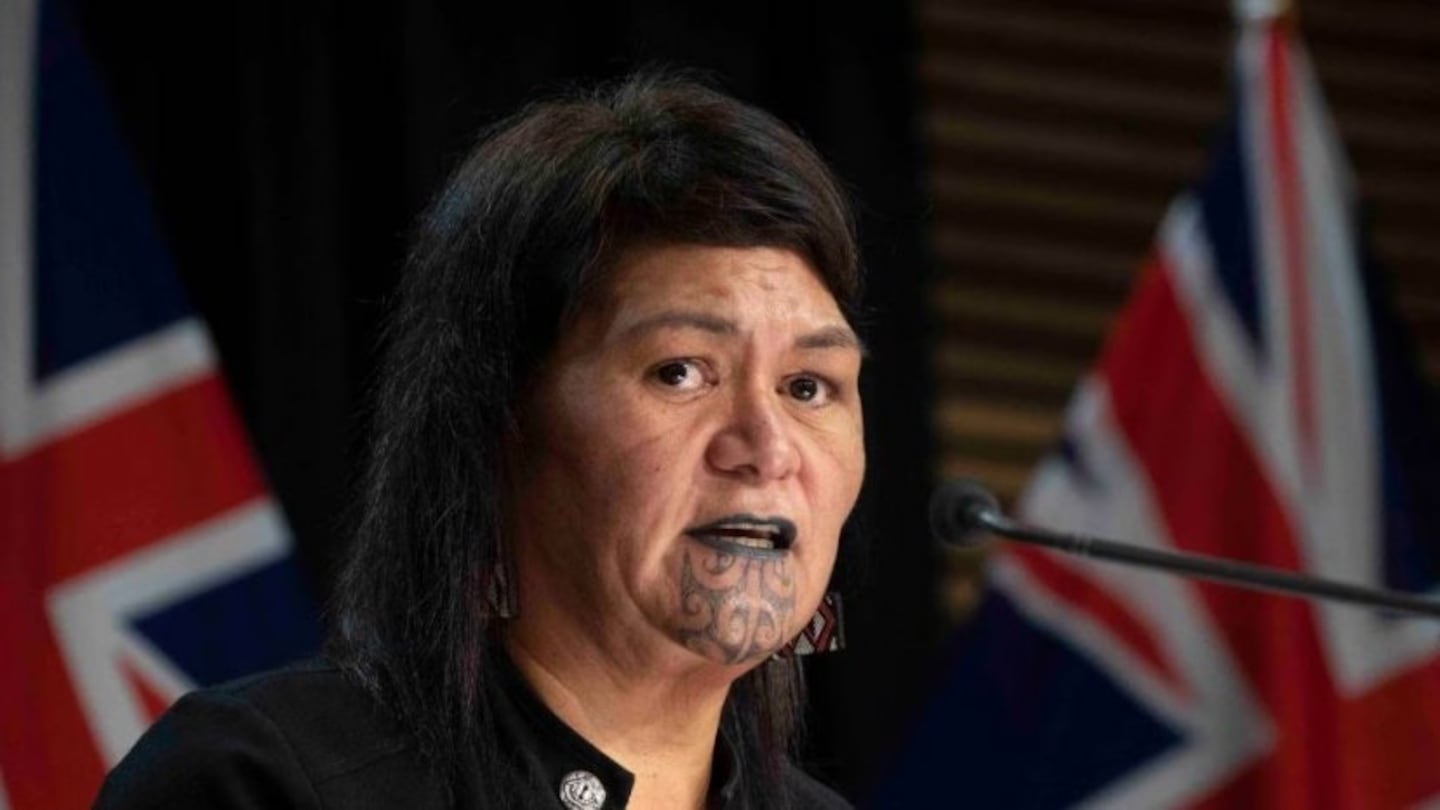Senior Labour MP Nanaia Mahuta. Photo / Mark Mitchell / NZME
By Katie Scotcher, RNZ
The battle over the Māori seats is heating up, with two Labour MPs opting for an electorate-or-nothing approach.
But the party insists it's not reviving its "do or die" 2017 strategy, which ultimately saw the Māori Party booted from Parliament.
Such a move was considered for this October's election, but the threat of a revived Te Pāti Māori prompted some of Labour's Māori MPs to seek the security of the party's list.
Senior Labour MP Nanaia Mahuta is one of the MPs who has chosen not to go on Labour's list.
She is no stranger to leaving her political future in the hands of her electorate, having twice relied solely on securing a Māori seat to make it back to Parliament.
"I'm putting my mandate in front of the electorate, it's their choice ... but there is a lot at risk," Mahuta said.
Mahuta has held the Hauraki-Waikato seat since 2008. She won 68 percent of the vote in 2020 and will likely be re-elected in October.
"At this election, because of the significance of the decisions that voters have to make, and certainly in my electorate, I'm putting quite squarely in front of voters in Hauraki-Waikato that I'm up for the next set of challenges.
"I do want to see Labour returned to government, there's a lot at stake. I'm prepared to go to the electorate and seek their support," Mahuta said.
Labour's Soraya Peke-Mason is taking the same approach, but it is a much greater gamble.
The first term MP, with deep Rātana roots, is contesting Te Tai Hauāuru.
The seat is currently held by Adrian Rurawhe who chose not to stand again after he became Parliament's Speaker.
Peke-Mason will be up against National's Harete Hipango and Te Pāti Māori co-leader Debbie Ngarewa-Packer, who commentators have picked as the favourite.
"There's no doubt I'm running against two very strong wahine Māori politicians. It's not going to be easy, but I'm going to be working hard and focused on running the campaign," Peke-Mason said.
When asked by RNZ why she had opted not to go on Labour's list Peke-Mason said, "I'm committed to winning the seat of Te Tai Hauāuru.
"I'm focused on kaupapa Māori policies, and we've done a lot of work already and that work isn't finished yet. So I'm keen and passionate about doing that and continuing on with that work that we've done. To do that, I'll be working hard to represent and to win the seat of Te Tai Hauāuru."
In 2017, all of Labour's Māori electorate MPs stayed off the party's list.
The message to voters was either vote directly for the Labour candidates, or they'd be out.
It was a ruthless strategy to take out the Māori Party and make room on the Labour list for greater Māori representation - and it worked.
Labour won all seven Māori seats, meaning the Māori Party was booted from Parliament.
Labour's Māori seats campaign chair Willie Jackson said the party's Māori caucus considered taking the same blanket approach this election, but ultimately decided against it.
"There wasn't a unanimity about it. So before, in 2017, everybody made a decision in terms of coming off. This time we had a couple ... who want to stay on the list. Unless it was unanimous, there was not going to be the same type of position," Jackson said.
Labour's deputy leader Kelvin Davis, who holds Te Tai Tokerau, will be on the party's list. As deputy leader, the party's constitution automatically ranks Davis second.
MP for Tāmaki Makaurau Peeni Henare and MP for Te Tai Tonga Rino Tirikatene are yet to decide.
It's not yet clear if Labour's new Ikaroa-Rāwhiti candidate, who will be announced next week, will go on the party's list.
They will be up against incumbent Meka Whaitiri, who quit Labour to run for Te Pāti Māori.
Labour's candidate for Waiariki, Toni Boynton, has put herself forward for the party's list.
Jackson said those who wanted to stay on Labour's list wanted extra security, with Te Pāti Māori making a strong play for all seven seats.
"There is a battle with Te Pati Māori, we acknowledge that... I think both sides realise that there's going to be a battle in a good two or three seats."
Te Pāti Māori co-leader Rawiri Waititi talked up the upcoming battle.
"I'm telling you, this is going to be a scrap and a half for 2023 in the Māori seats. We're confident we will take three seats on a bad day and on a good day we'll take seven," Waititi said.
October's election will be very different to 2017's.
Current polling suggests Labour will need Te Pāti Māori to form a government - which means it's likely it will be in Labour's interest to lose a few electorate battles to try to win the war.

